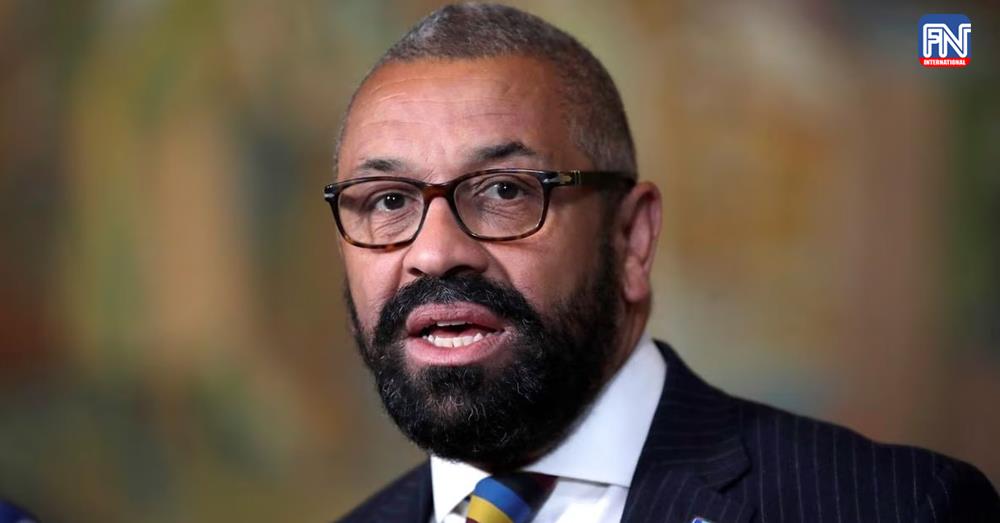LONDON, June 19 (Reuters) - The British government announced plans to tighten its sanctions policy against Russia on Monday, including introducing legislation to keep assets frozen until Moscow has agreed to pay compensation to Ukraine.
The new measures will require any individual who has been designated under the sanctions to disclose assets held in Britain.
The government also said there would be a new route for frozen assets to be donated to the reconstruction of Ukraine. This would not result in individual sanctions being lifted.
The plans were announced as Britain prepares to host a Ukraine recovery conference this week. It will focus on building international support for Ukraine's recovery from war, and how the private sector can get involved in the reconstruction.
Since the invasion of Ukraine last year, Britain has frozen more than 18 billion pounds ($23 billion) in assets and sanctioned over 1,550 Russian individuals including Roman Abramovich, the former owner of Chelsea Football Club.
British foreign minister James Cleverly said Ukraine’s reconstruction needs will be "immense", and the new measures will "ensure Russia pays to repair the country it has so recklessly attacked".
The new legislation will allow the British government to maintain sanctions for longer by amending their purposes. The legislation will state sanctions can be used for requiring the payment of compensation by Russia.
The estimated cost of reconstruction and recovery in Ukraine is now more than $400 billion, according to calculations by the World Bank, United Nations, European Commission and Ukraine.
The British government said details of how a fund would distribute any money donated from sanctioned individuals to pay for Ukraine's reconstruction will be announced in the future.
"There will be no coercion of individuals to encourage them to transfer funds, nor any offer of sanctions relief in return for making a donation," the government said.
